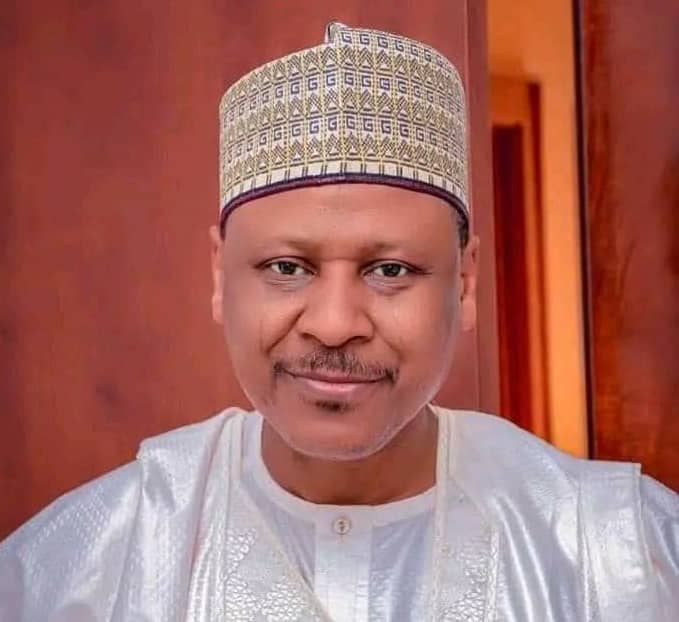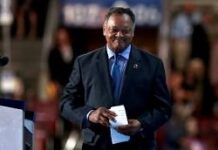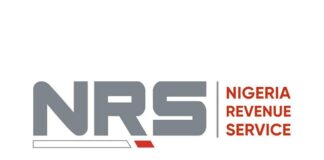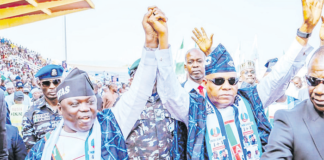Fuel subsidy removal cut off domestic consumption of petrol by 50% – Idris Mohammed
Before then, Nigeria was importing roughly 2 billion litres of PMS for domestic use. After fuel subsidies were removed, domestic consumption decreased by about fifty percent. This immediately indicated something significant.

Idris Mohammed, the Minister of Information, has said that Nigeria’s domestic consumption dropped from 2 billion of petrol by 50% following the removal of fuel subsidy.
Mohammed, in a conversation with the media on Thursday, revealed that the decline in importation suggests that these imports are being redirected to destinations other than Nigeria.
According to him, the removal of subsidy by President Tinubu is meant to benefit the country both in the short and long term.
He also reiterated the position that subsidy was not included in the 2023 budget before Tinubu removed it on May 29, 2023.
Mohammed said; “The removal of fuel subsidy is really a big one and the president knew that it was going to be something that would be very beneficial to this country in the short-term and in the long-term.
“By May 29, 2023, when Tinubu took office, there was no provision in the budget for the fuel subsidy itself. Because the president removed it, there was no need for budgeting for it.
“At that time, Nigeria was importing for domestic consumption about 2 billion liters of PMS roughly. By the time fuel subsidy was removed, our domestic consumption had come down to about fifty per cent. That immediately was a pointer to something.
“It meant that either people were now more disciplined that they not using their cars as they should or this import was going elsewhere. And I think the study shows that import was actually going elsewhere.”
Recall that in May 2023, President Tinubu announced that the fuel subsidy was gone, ending the popular but ineffective petrol subsidy costing the country an average of $10 billion yearly.
The president said the resources will be channelled to better investments such as public infrastructure, healthcare, and jobs which will improve the lives of Nigerians.
However, following the announcement, the price of fuel has surged over 100%, selling between N700 to N900 depending on the location in Nigeria.
This has led to a huge public outcry, a protest demonstration resulting in the destruction of lives and public infrastructure across the country.
The protesters insisted that the president must reinstate fuel subsidy to ameliorate the sufferings of the masses and reduce the cost of living.
Tinubu explained further that the removal of subsidy is a necessary initiative to revamp the country’s ailing economy in the long term.












